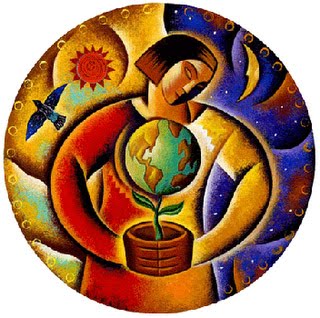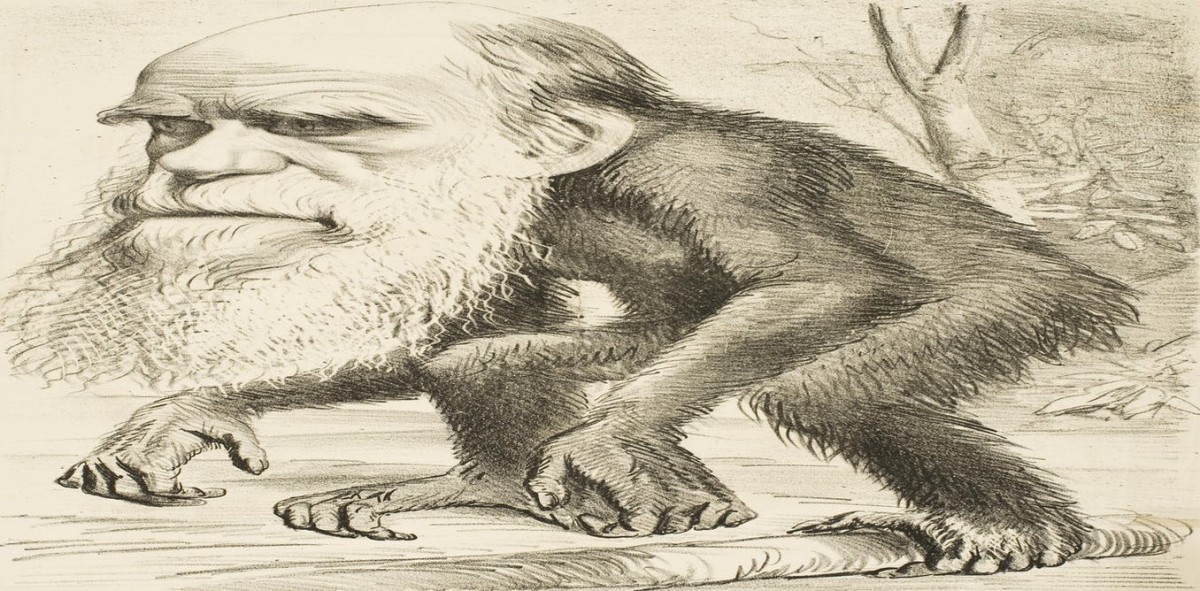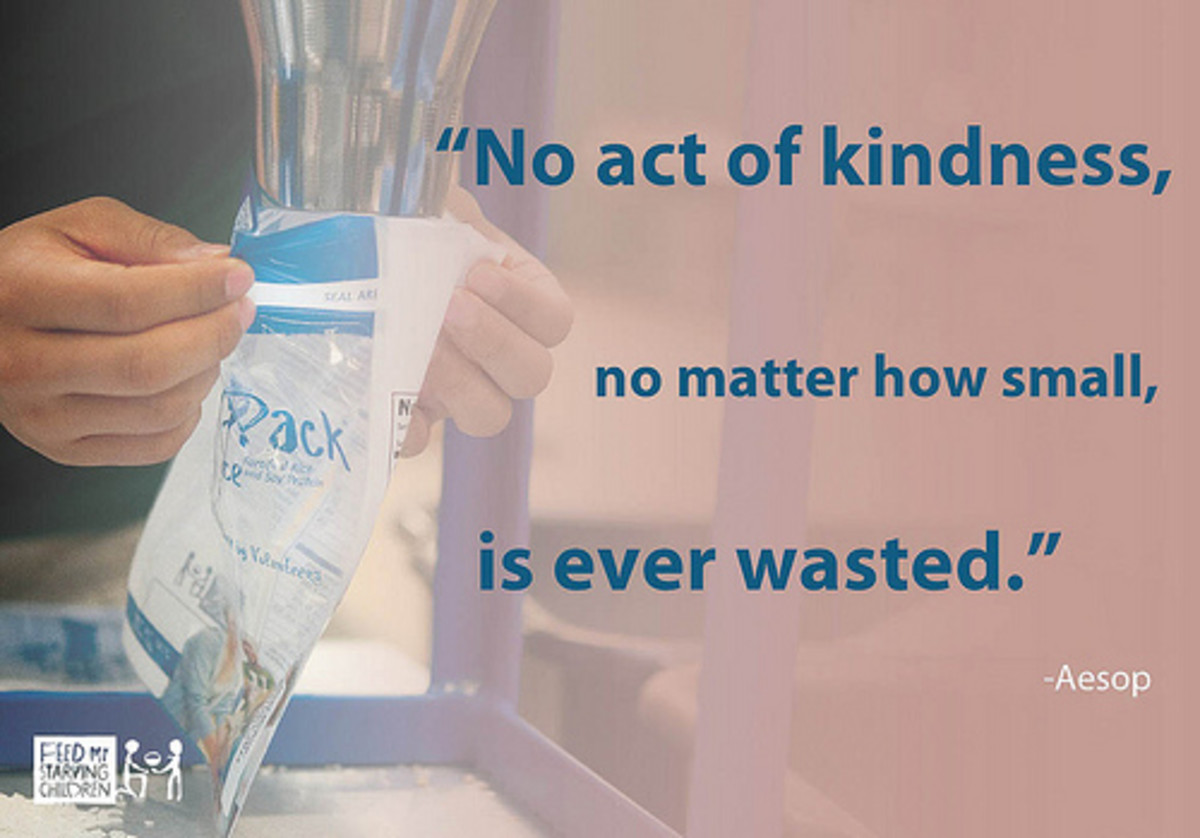Eco-moral Tribalism as a New-world Ethic

There is nothing more difficult to take in hand, more perilous to conduct, or more uncertain in its success, than to take the lead in the introduction of a new order of things. –Machiavelli
History will have to record that the greatest tragedy in this period of social transition was not the strident clamor of the bad people, but the appalling silence of the good people. -Martin Luther King
Every human culture, to remain healthy, sustainable, and vibrant, requires a constant renewal of ceremonies, crafts, cultural practices, and the arts. Each society must generate new knowledge, skills, self-understanding, and modes of self-transcendence. To evolve, a human community must have available a diverse set of authentic and viable social forms that enables it to respond to shifting times, long-term weather patterns, food sources, spiritual needs, cultural longings, and relations with other human groups. –Bill Plotkin
Tribalism is an inescapable method of human governance. It is a type of social system that has worked for human beings for millions of years, and has a very adaptive effect in human evolution. In recent years anthropologists and sociologists have greatly revolutionized the concept of the tribe. Such philosophers as Daniel Quinn and John Zerzan have brought to the forefront a kind of tribal revolution, where tribalism, as an open-ended, cooperative community, is seen as the natural state of humanity, as proven by two million years of evolution. As it stands Eco-moral tribalism is the natural progression of this tribal revolution, a revolution that will potentially take us from a monetary-objective-based economy to a resource-relationship-based economy.
The solution is not to return to nature regressively, but to find a way to get everything back into connection with everything else. What’s needed is a radical restructuring of culture, based upon the rejection of alienation and an embracing of nature. This requires a balance between our conscious innovation and our unconscious primordial foundation. What we have attained through our modern individual consciousness can be enriched by the re-awakening of our connection with community and nature, and by curing rampant nature deprivation. Like Jung said, “Civilized man is in danger of losing all contact with the world of instinct –a danger that is still further increased by his living an urban existence in what seems to be a purely manmade environment. This loss of instinct is largely responsible for the pathological condition of our contemporary culture.” As it stands we are the spoiled children of human history. Our inheritance is a fundamentally unsustainable civilization–complete with security, luxury, and convenience. But we are too spoiled to realize that we are also the heirs of atrophy- complete with insecurities, pathologies, and dissociative anxieties. Lest we remain pathological, we must bridge the gap between nature and the human soul, a gap that grows wider and wider by the day. Eco-moral tribalism seeks to bridge this gap through a relationship-based system of governance.
Eco-moral tribalism is a form of post-modern tribalism with emphasis on moderation, flexibility, open-endedness, and harmonious balance with the ecosystem as a whole; where diversity, not uniformity, is what is known to work. It is directed toward getting more of what people need (social connection, meaningful “work”, more leisure, and balance with nature), as opposed to more of what people have been conditioned and brainwashed to think they need (power, status, amenities, and luxuries). In this “system” the economy is as much a local affair as ecology is, working in small cells, that benefit the tribe in a natural, fluid way that functions harmoniously in between the two poles of altruism and selfishness. This “way” is a way of life that has proven itself through thousands of years of evolution. Tribalism is far from perfect, but it is the only “way” that has been proven (over and over again) to work for human beings. For the same reason that a pride of lions works, or a flock of geese works, or a troop of baboons works, is the same reason that a tribe of humans works.
A truly stable social system expects vicissitude, is open to being overthrown, and waits for its inevitable transformation. In this sense eco-moral tribalism is a social system that subsumes change. It adapts, absorbs, and overcomes any amount of insurrection or civil instability; understanding that it is a natural, healthy process of a people becoming a people. It’s about the open-ended creative expression of a people, where truth-as-value trumps truth-as-certitude, where value is based upon eco-centric fallibilism as opposed to certainty based upon mere diplomacy. In eco-moral tribalism the concept of community (commitalsim) is uttered with genuine self-expression, indeed, as an impression of self-as-world and world-as-self.
Sadly, due to the hyper-individualism of our culture, we have lost the ability to form healthy communities. The old cultural model is grossly outdated, and the world of man has become damagingly artificial. People see each other through myopic lenses of self-as-object and object-as-self. This is psychosocial egoism at its most dissociative and narcissistic. Ours is an abnormal form of democratic government imposed by plutocratic circumstances, crass materialism, cultural imperialism, and obsessive utilitarianism. Its activities are reduced to dodging the current crisis, and instead of solving them, escapes them “for the time being” by employing any ducking methods whatsoever to remain comfortable, even at the cost of accumulating far greater crises. As it stands the current monetary-based system is obsolete, non-progressive and inevitably harmful to human beings and their environment.
We don’t need one-track-minded workers slaving away their lives to dog-eat-dog corporations; we need inventive individuals creating values with love and purpose. We don’t need sheep baying blindly beneath the wolves who govern them, we need educated people starting revolutions. Like Thomas Jefferson said, “Democracy is two wolves and a lamb deciding on what to eat. Liberty is a well-armed lamb contesting the vote.” Eco-moral tribalism is a social system meant to be comprised of well-armed lambs, and a well-armed lamb is nothing less than an educated person. But in order to achieve such a state we need an educational revolution. We need a system that prepares children for life, not for work. It is a mockery to use the majority of a child’s life to prepare them to be a worker. We are not workers, we are creators. Eco-moral tribalism is a social system meant to be comprised of inventive free creators. But in order for this to be achieved, purpose must replace money as the supreme human motivator.
It may not seem like it but money is the poorest human motivator, purpose is the best. Autonomy, mastery and prestige trump money. Scientific experimentation has proven this over and over again. What motivates human beings is not money but purpose. To place money as a prime motivator for people is to put an unstable cart before a crippled horse. Lest we evolve as “an individual” instead of as a species, we must get power over power, that is, we must get power over the monetary system that has thus far enslaved and blinded us as a species.
Where the current monetary system highlights the power of the individual; eco-moral tribalism highlights the power of relationships and bonds. Where the current monetary system has us hungering for money, status, and jobs; eco-moral tribalism has us hungering for harmony and connection. You cannot buy safety. You cannot buy security. Safety and security have only ever come as the human species becoming a people. A healthy culture is a people that shares and borrows within its system of cohabitation. The reward is less poverty, where wealth is based upon the resources available and employed more for use than for show; more as a tool to bring people together, than as a weapon used in a vicious game of one-upmanship.
A resource-relationship-based system is a social system based upon Natural Capital and ecosystem valuation on the one hand, and the dynamic of human relationships and other-than-human relationships on the other hand. This includes eco-technology, and giving doubtful beneficence to the shape that technology will take within the biosphere while improving both the means and the ends of evolution. This type of system also replaces the outdated concept of "good/evil" with the updated concept of "healthy/unhealthy" in order to clearly determine "right/wrong". These, combined with Capital Munificence and the Sumak Kawsay method discussed in Commitalism, should yield a system of governance that can bring tonality to an otherwise atonal world, and imagine a bridge that can one day join up with the Zeitgeist Movement, the Venus Project and other similar movements. The Occupy movement, for example, is a festival of true democracy where individuals form communities that are eco-moral and tribal in nature. Who knows where such movements could lead to in the future.
In eco-moral tribalism it is understood that people don’t make decisions, they arrive at them. They arrive at them through fallibilism and careful democratic discussion. The first thing that must be done is groups of people have to work on problem solving. Problem solving is the key, and fallibilism is the hand that turns that key. Our current social system is a problem, a problem of resource shortages and poor distribution. Until we resolve the problem of resource shortages we cannot move forward as a species. If we learn to solve problems, we will have healthy progress and we will survive, if we cannot learn to solve problems, we will have neither progress nor survival and we will destroy ourselves. Eco-moral fallibilism is a platform for the healthy democratic discussion of human problems.
An eco-moral tribe is powerful in the sense that it is vulnerable and fallible, and not in the sense that it is secured and perfect. A member of an eco-moral tribe understands that security and perfection are only ever illusions. The tribe functions because it is imperfect, and thus it is able to renovate, adapt, and overcome; therein discovering true power/value. The tribe functions because it is vulnerable, and thus it is able to connect, to rehabilitate, to cultivate, and to love; therein discovering true power/value. A people being and becoming a people is only ever a locally holistic concept. It is in this sense that eco-moral tribalism embraces the “eco” of economy and ecology as a local affair that benefits the tribe and the environment in a natural, fluid way; functioning harmoniously in between the two poles of eco-consciousness and selfishness. The difference between ecology and economy is a matter of attention and intent. Ecology is to attention as economy is to intention. An eco-moral people are both attentive and intent regarding ecology and economy, and therein arises the cultural ethic of eco-morality. As long as the people can respect the ecology/economy, there will be harmony. As long as the people can be honest with each other regarding moral and ethical principles, there will be harmony. As long as the people can communicate democratically using fallibilism as their platform for discussion, there will be harmony.
The spirit of revolution is so valuable on certain occasions that I wish it to be always kept alive. –Thomas Jefferson
It begins with education. And so it begins with an educational revolution. And so it begins with insurgency. Is it as simple as this? No, it is not. But we must begin somewhere, lest we end everywhere. Like Camus said, “Heroic lucidity in the face of the absurd is all we have.” Healthy global change is no walk in the park. You have to disturb homeostasis in order to achieve a new healthier homeostasis. This means experiencing a temporary state of discomfort. It will hurt, and then it will hurt worse. And then the real pain will begin. But it is only after the pain that it becomes clear a band-aide was needed in the first place. So it comes to this: What is the responsibility of an eco-moral person on a dying planet? Eco-moral person, heal thyself! Strive for healthy change. When you begin to change, the entire system begins to change, and then a true Eco-moral globalism can be socially actualized.









